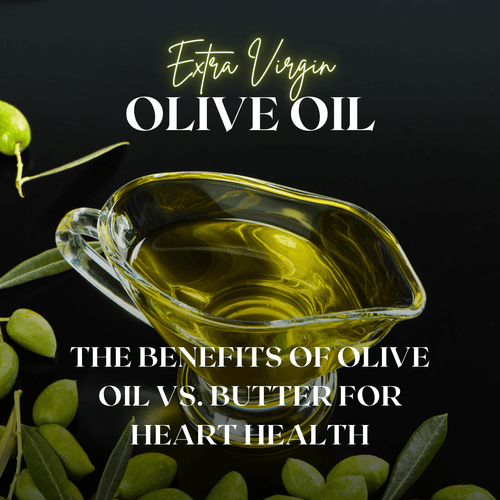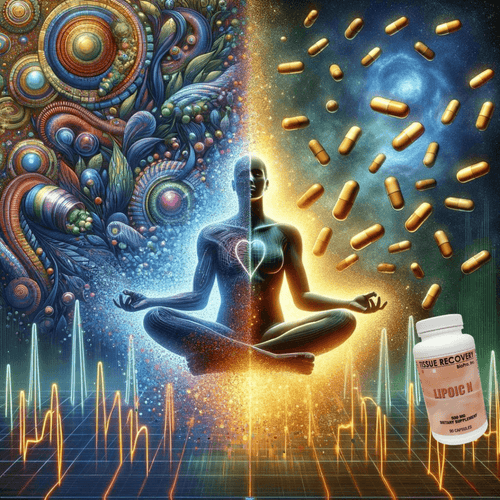
Oxidative stress is directly proportional to the increase in glucose after a meal. This increase in free radicals acutely triggers inflammation, endothelial dysfunction, hypercoagulability ( risk for blood clots), and a cascade of other atherogenic changes (O’Keefe GH, Bell DSH, 2007). The endothelium is the inner lining of the blood vessels.
O’Keefe and Bell also state that studies have demonstrated that reducing the spikes in glucose and lipids after a meal immediately improves inflammation and endothelial function.
Randomized controlled research indicate that reducing the blood glucose after a meal appears to significantly slow atherosclerotic progression and may improve cardiovascular risk.
The following study investigated the correlation of glucose metabolic factors and the extent of atherosclerosis determined by coronary angiography (Sasso C, et al., 2004).
The results showed that patients with normal glucose tolerance and different extents of atherosclerotic disease had more severe disease if they had high blood glucose after meals and higher HbA1c. HbA1c is a test for long term glucose control.
Avoiding food that will elevate the blood glucose high is important. It is also important to take effective antioxidants to lower free radical damage and inflammation.
References
O'Keefe JH, Bell DS. Postprandial hyperglycemia/hyperlipidemia (postprandial dysmetabolism) is a cardiovascular risk factor. Am J Cardiol. 2007 Sep 1;100(5):899-904.
Sasso FC, Carbonara O, Nasti R, Campana B, Marfella R, Torella M, Nappi G, Torella R, Cozzolino D. Glucose metabolism and coronary heart disease in patients with normal glucose tolerance. JAMA. 2004 Apr 21;291(15):1857-63.

This formula contains Berberine and Green Tea and was designed to support a healthy glucose metabolism and the cardiovascular system.
Berberine also suppresses neuroinflammatory responses through activation of the AMP-activated protein kinase.










